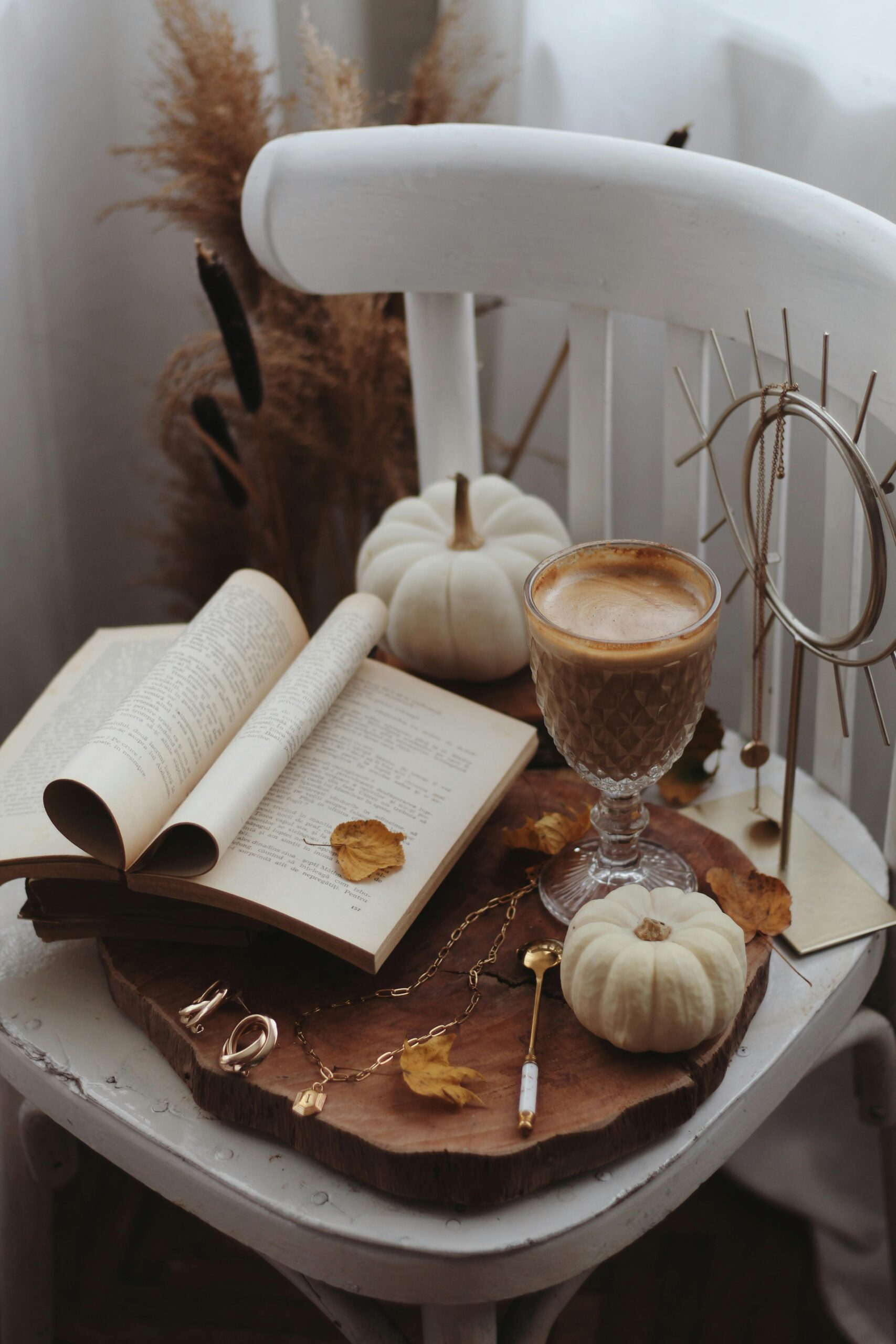When You Outgrow Relationships: How to Cope with the Grief of Change
Sometimes growth doesn’t look or feel the way we expect. It isn’t always joyful or expansive. Sometimes it feels heavy, like missing someone you still care about, or realizing that a friendship that once felt like home now leaves you a little uneasy. Nothing dramatic has happened. You still care about each other. But something inside you has shifted, and you can’t quite go back to how things were.
Outgrowing a relationship can be one of the quietest forms of grief. It’s not a breakup in the traditional sense, and there may not be a clear ending. Instead, it’s a slow recognition that you’ve changed, and that the relationship no longer fits who you’re becoming.
What It Really Means to Outgrow a Relationship
When we think of relationships ending, we often picture conflict or betrayal. But sometimes, people drift apart simply because they’re growing in different directions. Healing changes what you value, what you tolerate, and what kind of energy feels right to be around.
You might start noticing that certain conversations leave you feeling drained. Or that you shrink parts of yourself just to stay connected. Maybe you realize that your boundaries have shifted, and what once felt easy now feels off. These are often signs that your growth is showing you the truth, not that something is “wrong” with you or the other person, but that you’ve evolved beyond the dynamic that once felt comfortable.
Outgrowing someone doesn’t mean you love them any less. It just means you’re honoring the person you are now, even if it means stepping away from the version of connection you once had.
How Growth Quietly Changes Connection
Most of us don’t notice these shifts right away. Change tends to happen gradually, a slow accumulation of moments that make you feel slightly different in someone’s presence. You might leave a hangout feeling unseen or oddly disconnected. You might find yourself editing your thoughts before you speak, wondering if you’ll be misunderstood.
These small moments matter. They signal that your inner world is evolving, your needs, your awareness, your capacity for deeper connection. And as you become more attuned to yourself, you start recognizing where your relationships no longer reflect that truth.
This isn’t about judging others for staying the same; it’s about noticing that you no longer feel aligned. Growth naturally creates distance in certain areas of your life, and relationships are no exception.
The Grief That Comes With Change
Even when a relationship ends quietly, there’s still grief. You might find yourself missing old routines, inside jokes, or the way it felt to belong to that version of your life. This is where a lot of people get stuck, wondering how they can miss someone and still know they’re not meant to stay close. But both can be true. You can hold gratitude and grief at the same time.
It’s okay to let yourself feel sad, even if you were the one who changed. You might feel guilt for growing apart or question whether you “owe” the relationship another chance. But part of healing is learning to trust that it’s okay for things to evolve. It’s okay to choose peace over familiarity. It’s okay to love someone from afar and still release the relationship.
Grief in this context isn’t about losing a person, it’s about saying goodbye to what that connection represented. You’re mourning a chapter of your life. And that deserves compassion, not judgment.
Why We Feel Guilty for Outgrowing People
For many of us, guilt surfaces the moment we realize we’ve changed. Maybe we were raised to believe that loyalty means staying no matter what, or that good friends don’t leave. If you’re someone who tends to care deeply or take responsibility for others’ emotions, this can feel especially hard.
But staying in relationships that no longer align out of guilt often leads to quiet resentment or emotional burnout. It’s okay to recognize that you can’t carry every connection with you into every new version of your life. Some relationships are meant to serve a particular season, to teach you something, to offer comfort, or to reflect where you were at the time.
Letting go doesn’t mean you’re abandoning anyone. It means you’re respecting the natural rhythm of growth, yours and theirs. Sometimes the most loving thing you can do is allow space for each person to continue their journey separately.
When Healing Shifts Your Relationships
As you begin to heal, you often start seeing your relationships through a new lens. Patterns that used to feel normal (over-giving, people-pleasing, minimizing your needs) become harder to ignore. You may notice that certain dynamics feel one-sided or that you’ve been holding space for everyone else but yourself.
This awareness can be uncomfortable. You might wonder why things suddenly feel different, or why your tolerance for certain behaviors has changed. Healing brings clarity, and clarity brings choice. You start realizing that emotional safety, mutual respect, and authenticity matter more than shared history or convenience.
Therapy can be an important part of this process. It offers a supportive space to make sense of these shifts, process the grief that comes with them, and practice relating in new ways. Healing doesn’t mean cutting everyone out, it means creating relationships that feel balanced and real.
The Loneliness That Follows
Outgrowing relationships can leave you in an in-between space, no longer connected to what was, but not yet rooted in what’s next. That space can feel lonely, and it’s easy to question whether you made the right choice. But loneliness doesn’t mean you’ve gone backward. It’s often part of the transition that happens when you stop settling for what no longer fits.
This period of solitude can be deeply healing. It’s where you start learning how to sit with your own company without needing constant validation or distraction. It’s also where you rediscover who you are outside of certain dynamics. When you give yourself permission to slow down and be still, you make room for new connections that align with the version of you that’s emerging.
Making Room for What’s Next
When you let go of relationships that no longer fit, it’s natural to feel an empty space. But that space isn’t a void, it’s potential. It’s the quiet period where you get to return to yourself.
Try taking some time to reflect on what connection feels like for you now. What makes you feel at ease? What kind of energy feels nourishing? You might even journal about moments where you’ve felt most yourself around others. Those small reflections can guide you toward relationships that feel more grounded, mutual, and real.
New connections often appear when you least expect them, not because you’re searching, but because you’ve created space for them. When you know what kind of energy feels right, it becomes easier to recognize it in others.
How to Honor What Was
Part of moving forward is allowing yourself to honor what the relationship gave you. Maybe it offered comfort during a hard time, or laughter when you needed it most. Maybe it helped you see what you don’t want in future relationships. Every connection leaves a mark, even if it doesn’t last.
Try writing a letter, one you’ll never send, to the person or to that version of yourself. Thank them for what they gave you, and acknowledge what you’re releasing. This act of closure can help you move forward with softness instead of resentment.
When you approach endings from a place of gratitude, you carry the lessons forward without the weight of bitterness. You begin to see that love doesn’t disappear; it simply changes form.
Love Doesn’t End — It Changes Form
Letting go of someone doesn’t erase the love or memories you shared. Love doesn’t always end; sometimes it just transforms. You can carry the lessons and appreciation forward without holding on to the relationship itself.
Every person who’s crossed your path has shaped you in some way. They’ve helped you see who you are, what you value, and how you want to love, and be loved, moving forward. That’s the gift of change: it teaches you how to hold space for both endings and beginnings, for both grief and growth.
So if you’re in a season of letting go, try to trust that this, too, is part of your healing. Growth rarely feels comfortable, but it often leads you closer to the connections that feel like home.
Learning to Trust the Process
You might not see it now, but these transitions are part of a larger story. As you heal and grow, the relationships that remain and the new ones that form will begin to reflect your authenticity more deeply. What once felt like loss will eventually make sense as a step toward alignment.
Trusting the process doesn’t mean you won’t still miss people or wonder how things might have been different. It just means you’re choosing to believe that your growth is leading you somewhere meaningful toward peace, balance, and connection that feels true.
If you’re navigating the grief of change or feeling unsure how to move forward after outgrowing an important relationship, therapy can help. Our clinicians can help you process the emotions that come up, make sense of your growth, and learn to create connections that feel safe, mutual, and deeply authentic.
You don’t have to move through change alone. Sometimes, healing begins simply by having a safe space to name what’s shifting and to be met with understanding instead of judgment.

Join our waitlist here.
